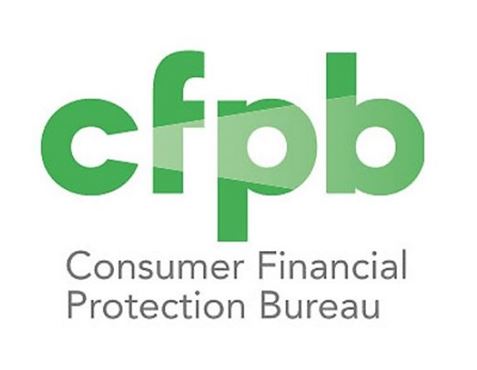At a House Oversight and Investigations Subcommittee hearing, experts discussed possible changes to the Consumer Financial Protection Bureau (CFPB) that would make it more accountable to the American people.

Because the director cannot be removed except for cause, the bureau is not subject to usual checks and balances, making it less accountable to Congress, the President, or the American people, the panel members said.
Adam White, research fellow at the Hoover Institution, said that this decision on the structure of the CFPB, as an independent agency, could set the new benchmark for how independent agencies govern themselves in the future.
“The current benchmark—the multi member commission model pioneered in the late 19th century and entrenched during the Progressive Era and the New Deal—is not without faults of its own, but it has come to serve a reliable and worthy purpose in modern administration, while remaining accountable to Congress,” White said. “I urge you not to allow that history to be discarded in favor of a new form of ‘independent’ agency that enjoys not only a measure independence from the President, but also ‘full independence’ from Congress, as the CFPB has repeatedly boasted.”
White said that regardless of what the courts decides, Congress should take it upon itself to reform the CFPB to restore constitutional accountability.
“As Judge Brett Kavanaugh noted in the D.C. Circuit, the Director is the second most powerful officer in the government for he serves under no one’s supervision, enjoys a vast budget not subject to the appropriations process, and exerts enormous influence over several prominent aspects of the economy….The problem with the CFPB is that if it is constitutional, it is ‘open season’ on the Constitution’s chief executive, for Congress may create an even more powerful ersatz one. For all intents and purposes, Dodd-Frank creates a statutory chief executive, a mini-President over consumer financial products,” Saikrishna Prakash, James Monroe Distinguished Professor at the University of Virginia School of Law, said.